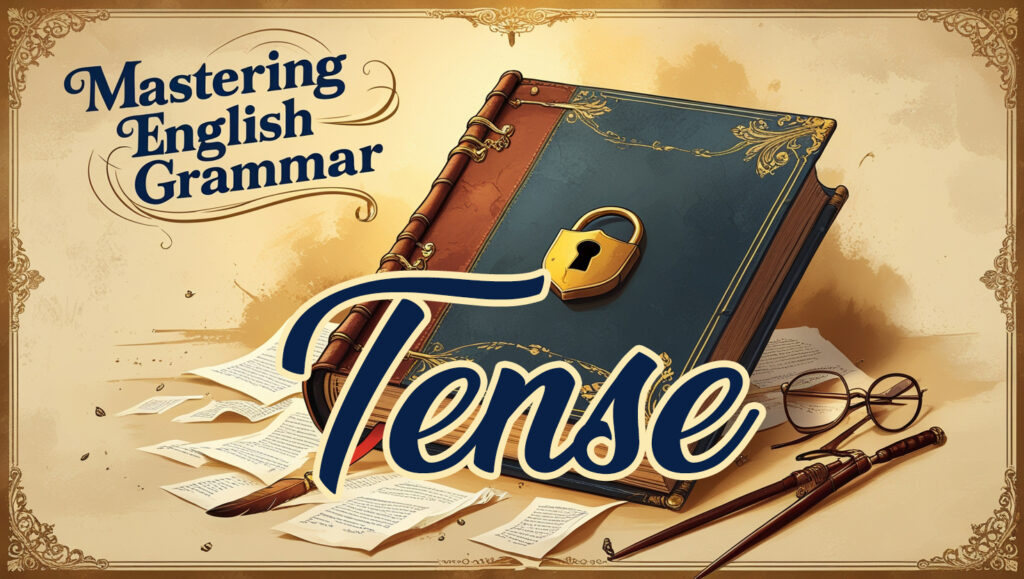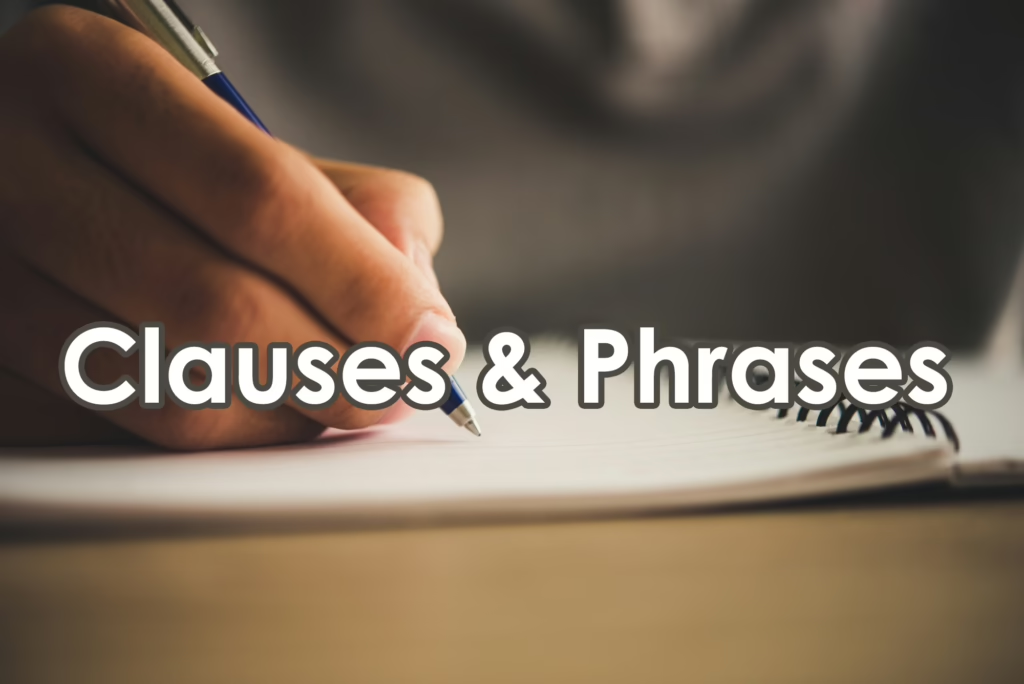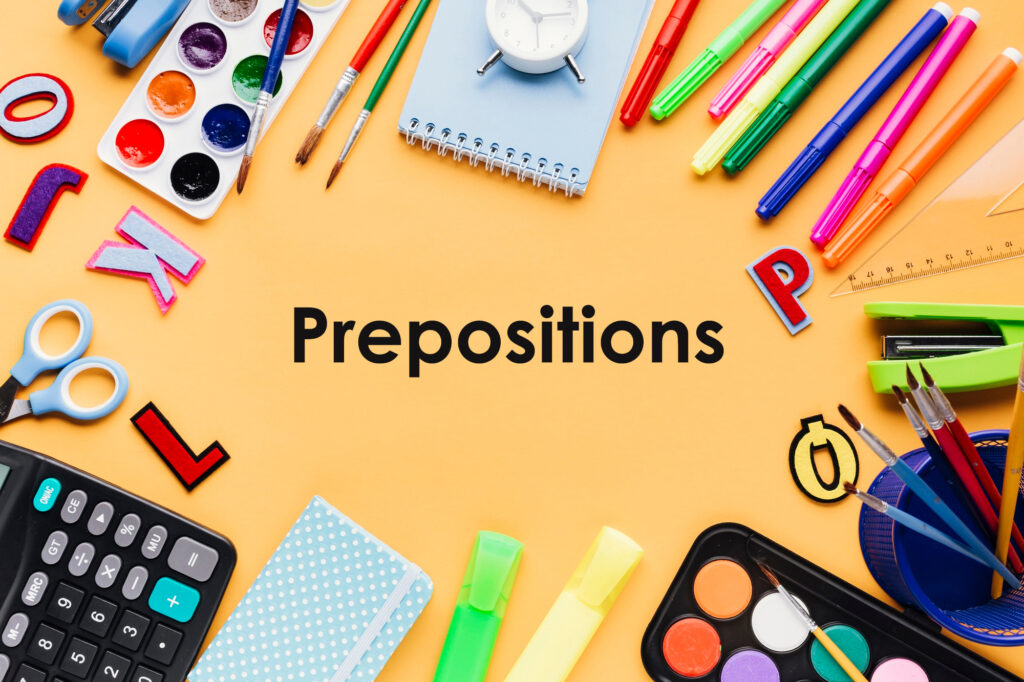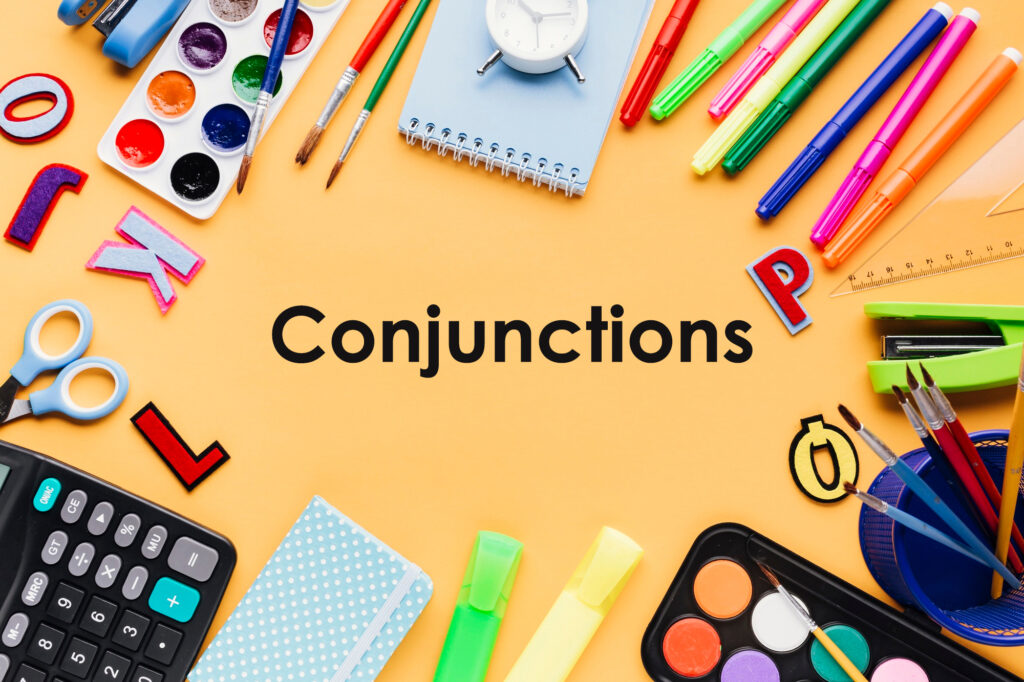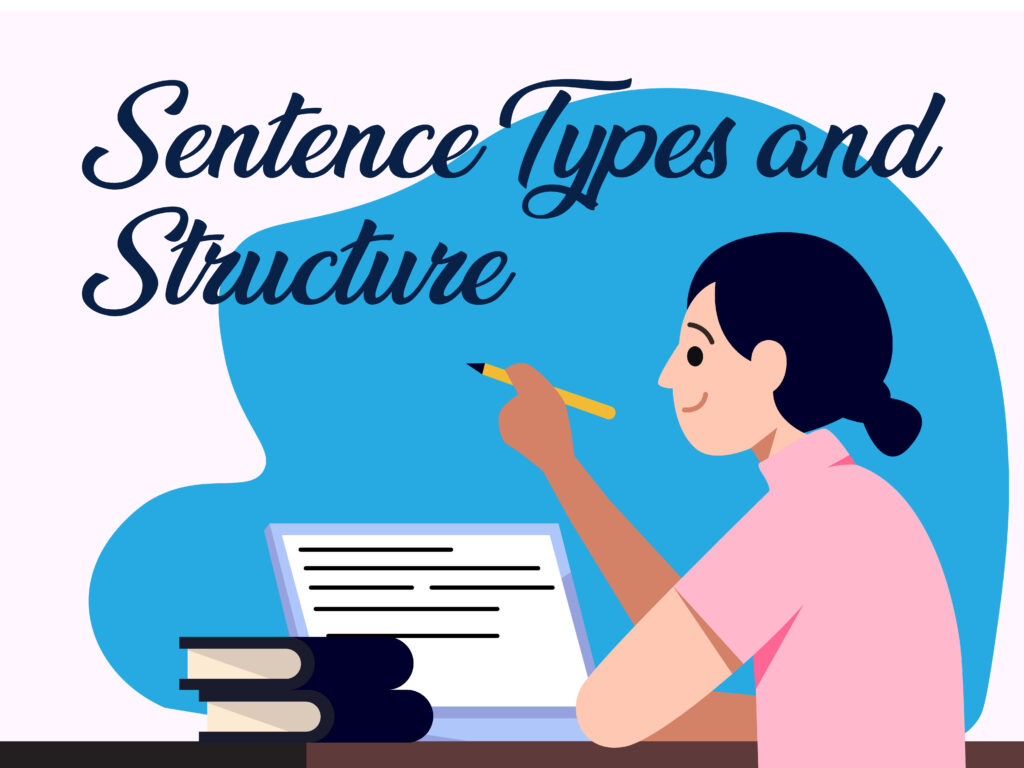13.1 What is Subject-Verb Agreement?
Subject-verb agreement means that the verb in a sentence must match the subject in number and person.
✅ Example:
- Correct: She writes a letter. (Singular subject → Singular verb)
- Incorrect: She write a letter. ❌
- Correct: They write a letter. (Plural subject → Plural verb)
- Incorrect: They writes a letter. ❌
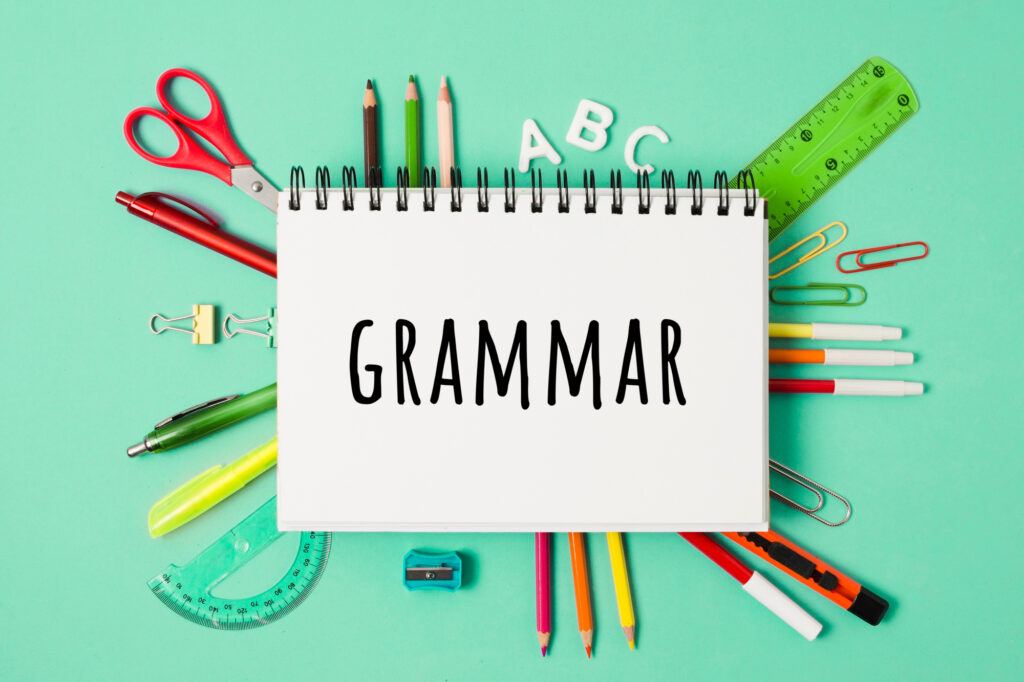
13.2 Basic Rules of Subject-Verb Agreement
Rule 1: Singular subjects take singular verbs, and plural subjects take plural verbs.
| Singular Subject | Singular Verb |
|---|---|
| She is happy. | The cat runs fast. |
| He plays soccer. | A book lies on the table. |
| Plural Subject | Plural Verb |
|---|---|
| They are happy. | The cats run fast. |
| We play soccer. | Books lie on the table. |
Rule 2: Subjects joined by “and” take a plural verb.
- John and Mary are best friends.
- The cat and the dog play together.
🚨 Exception: When “and” connects two things that are considered one unit, use a singular verb.
- Bread and butter is my favorite breakfast.
- Fish and chips is delicious.
Rule 3: Singular subjects joined by “or” or “nor” take a singular verb.
- Either John or Mary is coming.
- Neither the teacher nor the student is late.
🚨 If one subject is singular and the other is plural, the verb agrees with the closer subject.
- Either the teacher or the students are coming.
- Neither the students nor the teacher is late.
Rule 4: Indefinite pronouns take singular or plural verbs.
✅ Singular Indefinite Pronouns (take singular verbs):
Everyone, someone, anyone, nobody, each, either, neither, one
- Everyone is excited.
- Neither of them has finished the work.
✅ Plural Indefinite Pronouns (take plural verbs):
Both, few, several, many
- Both are ready.
- Few have arrived.
✅ Some Indefinite Pronouns can be Singular or Plural, depending on the context:
Some, all, any, most, none
- Some of the water is dirty. (Water = Uncountable)
- Some of the students are absent. (Students = Countable)
Rule 5: Collective nouns usually take a singular verb but can be plural in some cases.
✅ Singular Use (when acting as one unit):
- The team is winning.
- The committee has decided.
✅ Plural Use (when acting as individuals):
- The team are celebrating their victory.
- The committee are divided in their opinions.
Rule 6: When using “there is” or “there are,” the verb agrees with the real subject.
- There is a book on the table. (Book = Singular)
- There are many books on the table. (Books = Plural)
Rule 7: Gerunds (-ing forms) used as subjects take a singular verb.
- Swimming is fun.
- Dancing makes her happy.
🚨 But if two gerunds are joined by “and,” use a plural verb.
- Dancing and singing are my hobbies.
Rule 8: Titles of books, movies, and works of art take singular verbs.
- “The Lord of the Rings” is a great movie.
- “Harry Potter and the Philosopher’s Stone” was a bestseller.
Rule 9: Fractions and Percentages take singular or plural verbs based on the noun.
- One-third of the cake is gone. (Cake = Singular)
- One-third of the students are absent. (Students = Plural)
13.3 Common Errors in Subject-Verb Agreement
🚨 Incorrect: The list of books are on the table. ❌
✅ Correct: The list of books is on the table. ✔ (The subject is “list,” not “books.”)
🚨 Incorrect: Either my brother or my sisters is coming. ❌
✅ Correct: Either my brother or my sisters are coming. ✔ (Verb agrees with “sisters.”)
🚨 Incorrect: The committee are meeting today. ❌
✅ Correct: The committee is meeting today. ✔ (Committee = one unit.)
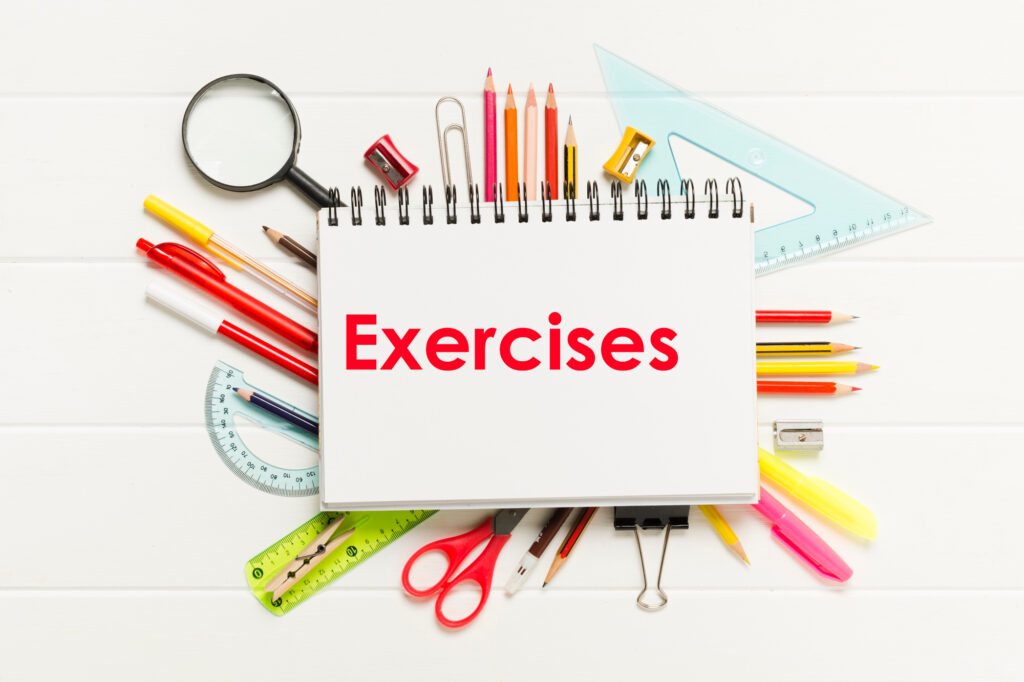
Exercises
A. Choose the correct verb to complete each sentence:
- The dog and the cat (is/are) playing in the yard.
- Either my mother or my father (is/are) coming to the meeting.
- The news (is/are) very interesting today.
- One-third of the students (is/are) absent.
- Mathematics (is/are) my favorite subject.
- Either the teacher or the students (is/are) responsible.
- Dancing and singing (is/are) fun activities.
- Some of the water (is/are) dirty.
- The committee (has/have) made a decision.
- The list of items (is/are) on the table.
B. Identify and correct the errors in subject-verb agreement:
- The book on the shelf need to be returned.
- Either John or his brothers is coming.
- Neither the students nor the teacher were present.
- The team are playing well today.
- Ten percent of the cake are left.
- The boy with his friends are going to the mall.
- There is five apples in the basket.
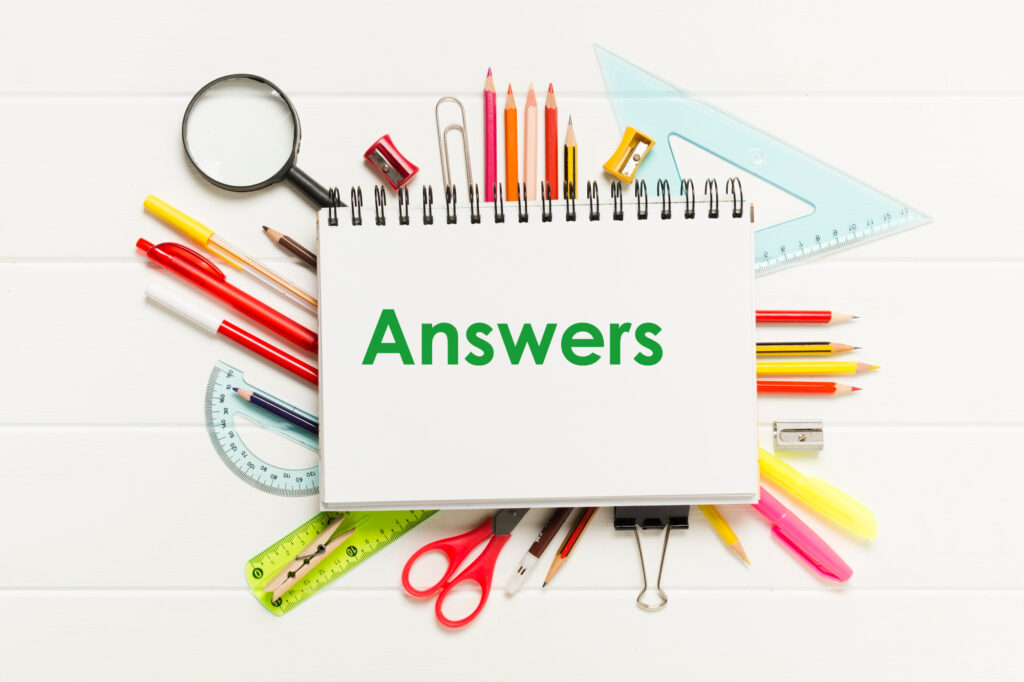
Answers
A. Correct Answers:
- The dog and the cat are playing in the yard.
- Either my mother or my father is coming to the meeting.
- The news is very interesting today.
- One-third of the students are absent.
- Mathematics is my favorite subject.
- Either the teacher or the students are responsible.
- Dancing and singing are fun activities.
- Some of the water is dirty.
- The committee has made a decision.
- The list of items is on the table.
B. Corrected Sentences:
- The book on the shelf needs to be returned.
- Either John or his brothers are coming.
- Neither the students nor the teacher was present.
- The team is playing well today.
- Ten percent of the cake is left.
- The boy with his friends is going to the mall.
- There are five apples in the basket.


